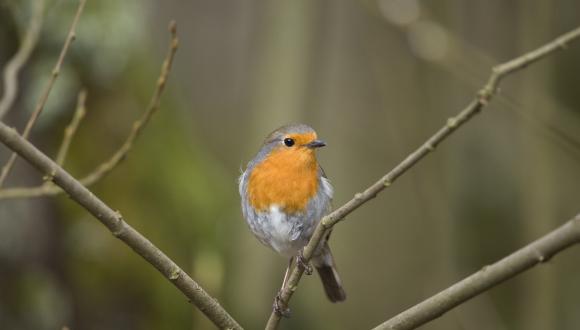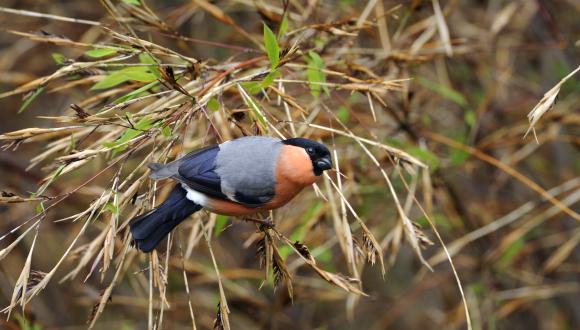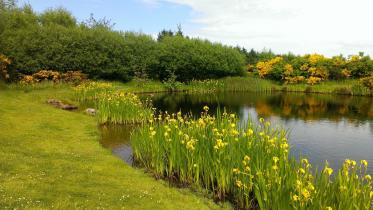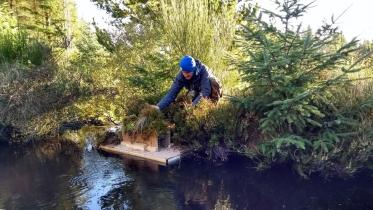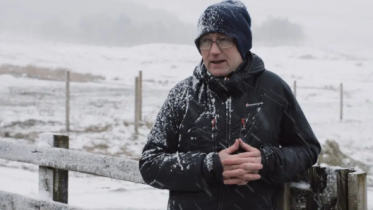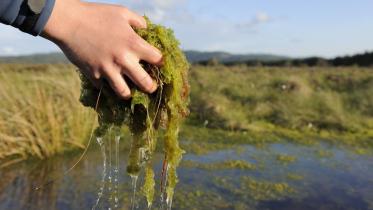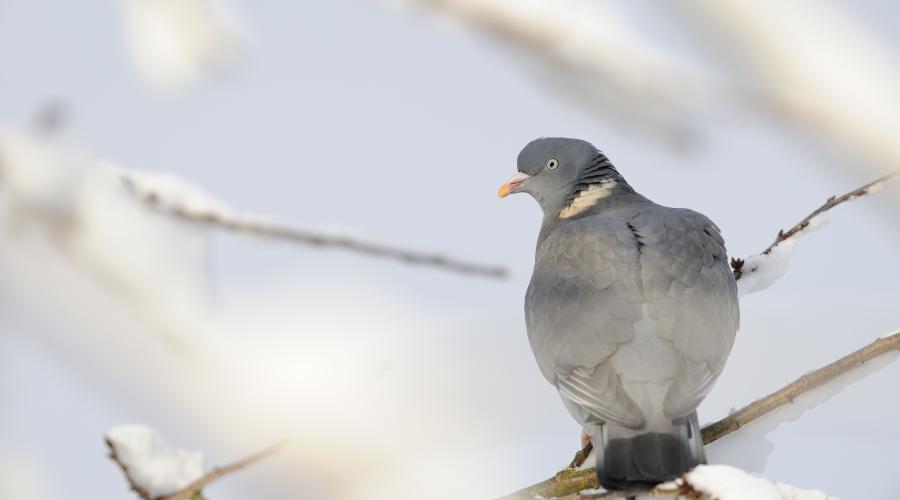
Birds and licensing
NatureScot can grant licences for certain purposes to permit actions that might otherwise constitute an offence against wild birds.
All wild birds in Scotland are given protection under the Wildlife and Countryside Act 1981 (as amended). Some more rare, threatened or vulnerable species are given extra protection, for instance against disturbance during the breeding season. Learn about birds as protected species.
NatureScot assesses and issues licences for bird surveys and scientific or research work, and licences the British Trust for Ornithology (BTO) to issue permits for the purpose of ringing and marking, including special methods. Guidance on marking and sampling methods can be found on the BTO website.
A licence isn’t usually needed to photograph wild birds. Licences are only required where actions might otherwise constitute an offence.
Where wild birds pose a threat to public health or safety, we may issue a licence to permit certain actions that might otherwise constitute an offence in relation to wild birds. There must be no satisfactory alternative.
We can grant licences to permit the control of wild birds to prevent serious damage to crops, livestock and fisheries. Licences can also be issued to permit the control of one species of wild bird to conserve another wild bird species.
It’s an offence to possess wild birds, bird parts or eggs, unless the item was killed or taken legally.
General licences permit ‘authorised persons’ to perform certain actions affecting birds, which would otherwise be illegal, without an individual licence.
Registration ensures extra protection for Schedule 4 bird species, given their vulnerability to being taken from the wild illegally.
Development
It’s not possible to license for the purpose of development actions that would otherwise be an offence in relation to wild birds.
Most development works are unlikely to result in the intentional or reckless killing of wild birds. But if carried out during the breeding season, such works could disturb nesting Schedule 1 bird species or damage or destroy the nests or eggs of any wild bird.
As there’s no development licensing purpose for wild birds, any development that could result in these actions shouldn’t proceed until the breeding season is over for these species.
The nests of Schedules 1A and A1 bird species are protected all year round. Birds of Schedule 1A species are also protected from harassment.
Contact
Licensing Team
Telephone: 01463 725 364
Email: [email protected]
